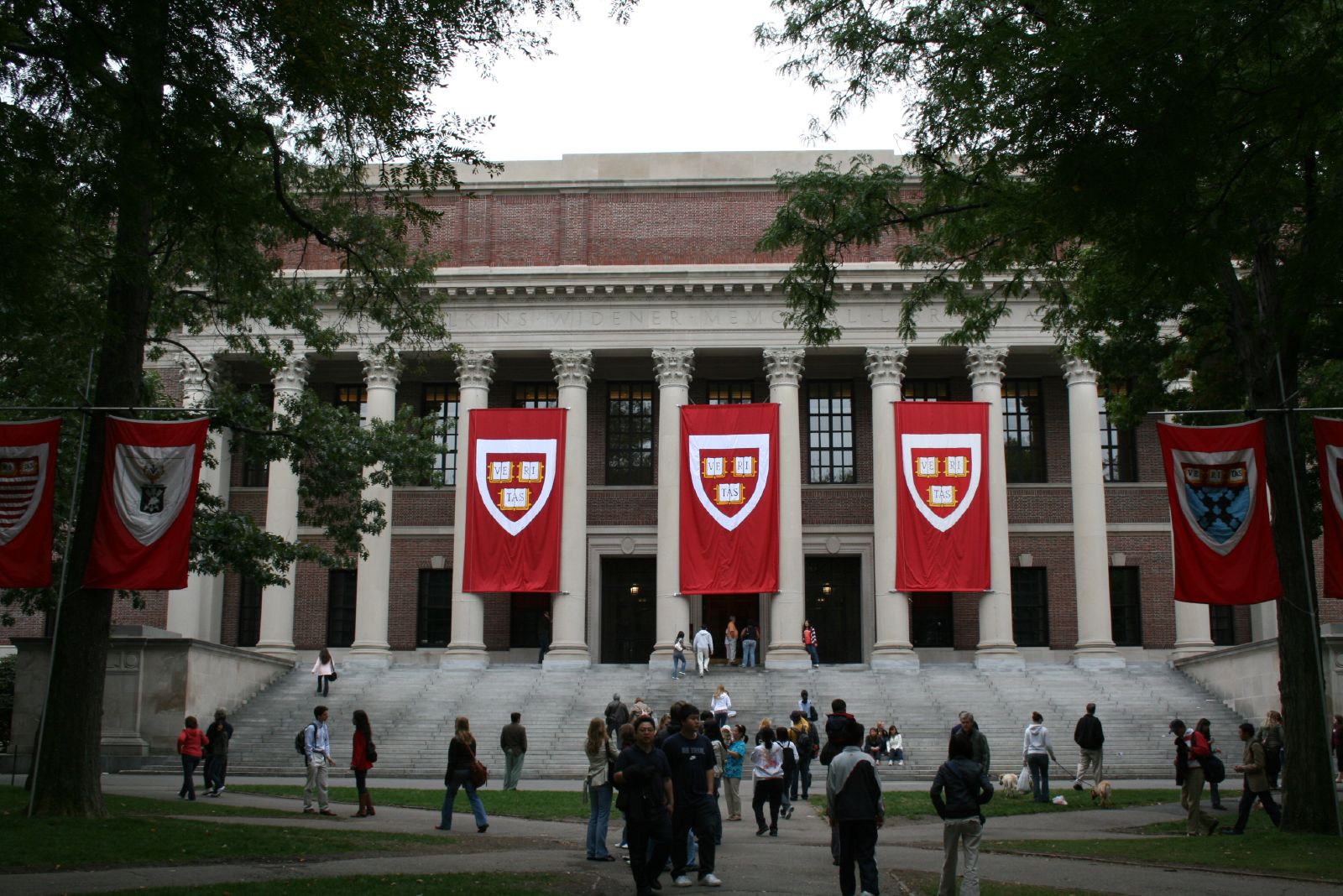Harvard and MIT tell students not to return from spring break due to coronavirus

After an outbreak of the novel coronavirus disease Covid-19 was found spreading through Boston's biomedical community, Harvard University said it will move classes online and is telling students not to return from spring break.
This story is part of our ongoing coverage of the coronavirus/Covid-19 outbreak. You can also sign up to our dedicated newsletter.
Online only: The nation’s oldest university said it plans to switch to online classes by March 23 and asked students not to return after spring break week, which begins on March 13. (Update: later the same day MIT, in an email from its president Rafael Reif, asked its students to do the same, and canceled classes for the week of March 16 to 20. MIT's spring break is the week after Harvard's.)
Harvard has more than 6,500 undergraduates and more than 20,000 students overall.
“These past few weeks have been a powerful reminder of just how connected we are to one another—and how our choices today determine our options tomorrow,” said university president Lawrence Bacow in a statement posted to Harvard’s home page.
Preemptive step: Harvard said its actions “are consistent” with recommendations of leading health officials, who have started to urge older people to avoid travel and contacts, and for the rest of the country to practice social distancing to slow the pace of the pandemic.
“We are doing this not just to protect you but also to protect other members of or community who may be more vulnerable to this disease than you are,” Bacow said.
Disconnect: Harvard’s move could prompt other universities to close as well, but stands in contrast to statements made yesterday by US president Donald Trump, who downplayed the need to restrict normal activities.
“So last year 37,000 Americans died from the common Flu. It averages between 27,000 and 70,000 per year. Nothing is shut down, life & the economy go on. At this moment there are 546 confirmed cases of coronavirus, with 22 deaths. Think about that!” Trump tweeted on March 9.
No gatherings: Harvard said the move to online classes is meant to avoid large gatherings and close contact between people. The campus will otherwise remain open and operating.
The move to online classes follows similar steps by west coast universities, including the University of Washington in Seattle.
Effects on science: Massachusetts has been hit by a coronavirus outbreak, with more than 40 cases so far. Many of those are linked to a recent meeting of executives from the biotech company Biogen, striking at the heart of the area's close-knit biomedical research community.
Harvard indicated work at its research laboratories would continue. In a message to staff, Harvard Medical School dean George Daley said that medical students would be staying on campus and continuing their rotations in the school's teaching hospitals.
Graduate students "can continue to pursue their laboratory research" after consulting with supervisors, Daley said.
Deep Dive
Policy
Is there anything more fascinating than a hidden world?
Some hidden worlds--whether in space, deep in the ocean, or in the form of waves or microbes--remain stubbornly unseen. Here's how technology is being used to reveal them.
What Luddites can teach us about resisting an automated future
Opposing technology isn’t antithetical to progress.
Africa’s push to regulate AI starts now
AI is expanding across the continent and new policies are taking shape. But poor digital infrastructure and regulatory bottlenecks could slow adoption.
A brief, weird history of brainwashing
L. Ron Hubbard, Operation Midnight Climax, and stochastic terrorism—the race for mind control changed America forever.
Stay connected
Get the latest updates from
MIT Technology Review
Discover special offers, top stories, upcoming events, and more.